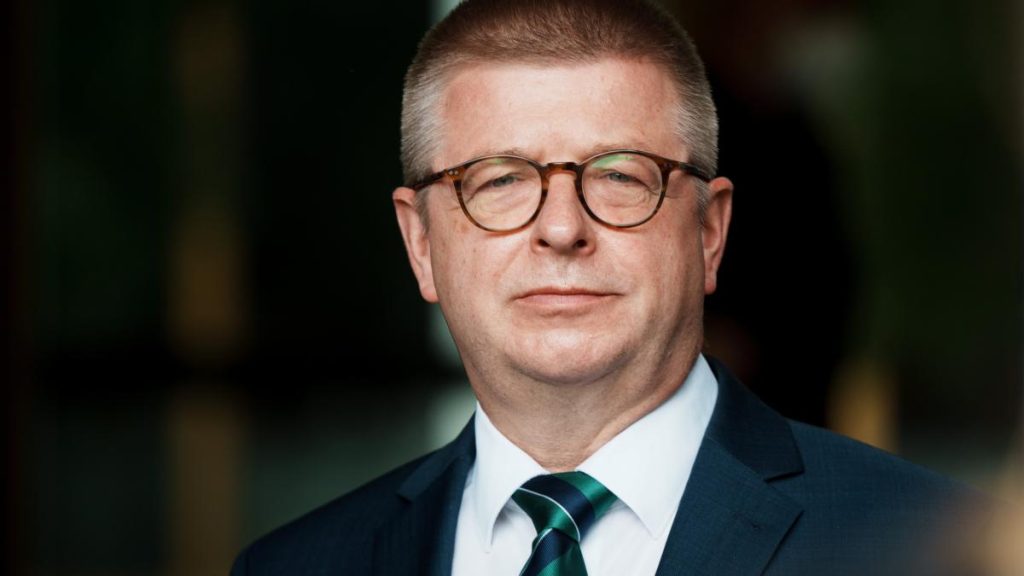The debate surrounding Thomas Haldenwang, the President of the Federal Office for the Protection of the Constitution, has been ongoing since his public statements about the limits of freedom of speech and the tasks of his agency. Haldenwang’s remarks during the presentation of a package of measures against right-wing extremism in February, alongside his superior, Federal Minister of the Interior Nancy Faeser, sparked controversy. He warned about the need to be vigilant about verbal and mental shifts in language, leading to accusations of thought policing. In response to criticism that his agency was becoming a “thought police,” Haldenwang defended himself in a guest article for the “FAZ,” stating that freedom of speech is not an unrestricted license.
Legal experts are divided on whether Haldenwang is exceeding the limits of his authority, while politicians have been relatively quiet on the matter until FDP deputy leader Wolfgang Kubicki spoke out, calling the intervention in the public debate a “strange step.” Understanding the tasks of the Federal Office for the Protection of the Constitution is key to grasping the controversy. Haldenwang explained that expressions of opinion, even below the threshold of criminality, can be relevant for the agency. The concept of “pre-protection” of the constitution involves monitoring situations where radical opinions cross over into extremist tendencies, such as delegitimizing the state.
Critics, such as constitutional law professor Josef Franz Lindner, argue that the introduction of the new category of state delegitimization lacks legal basis and expands the agency’s powers beyond strict legal requirements. This, in turn, could lead to a chilling effect on free speech and undermine democratic discourse. However, some political factions support Haldenwang’s stance, with the SPD praising his efforts to raise awareness about right-wing extremism and the need for the protection of democracy. The Greens also align themselves with this view, emphasizing the importance of the protection of democracy against various forms of extremism.
Former Interior Minister Gerhart Baum supports Haldenwang’s position, emphasizing the need to combat right-wing extremism and maintain the vigilance of the intelligence agency. While Baum stresses the importance of staying within constitutional bounds and avoiding general surveillance of beliefs, he also advocates for a focus on combating right-wing extremism, potentially through measures such as banning youth organizations associated with far-right ideologies. The Union faction refrains from critiquing Haldenwang’s actions, with the CDU highlighting the role of the Protection of the Constitution as an early warning system for potential threats to democracy.
The Alternative for Germany (AfD) accuses Haldenwang of engaging in “unspeakable machinations,” while left-wing politicians express varying degrees of support for his actions. Despite concerns about the agency’s powers, Haldenwang receives backing from individuals who emphasize the importance of defending democracy and human dignity from harmful ideologies and actions. The ongoing debate highlights the complex balancing act between safeguarding freedom of speech and combating extremism, underscoring the challenges faced by intelligence agencies in modern democratic societies.


